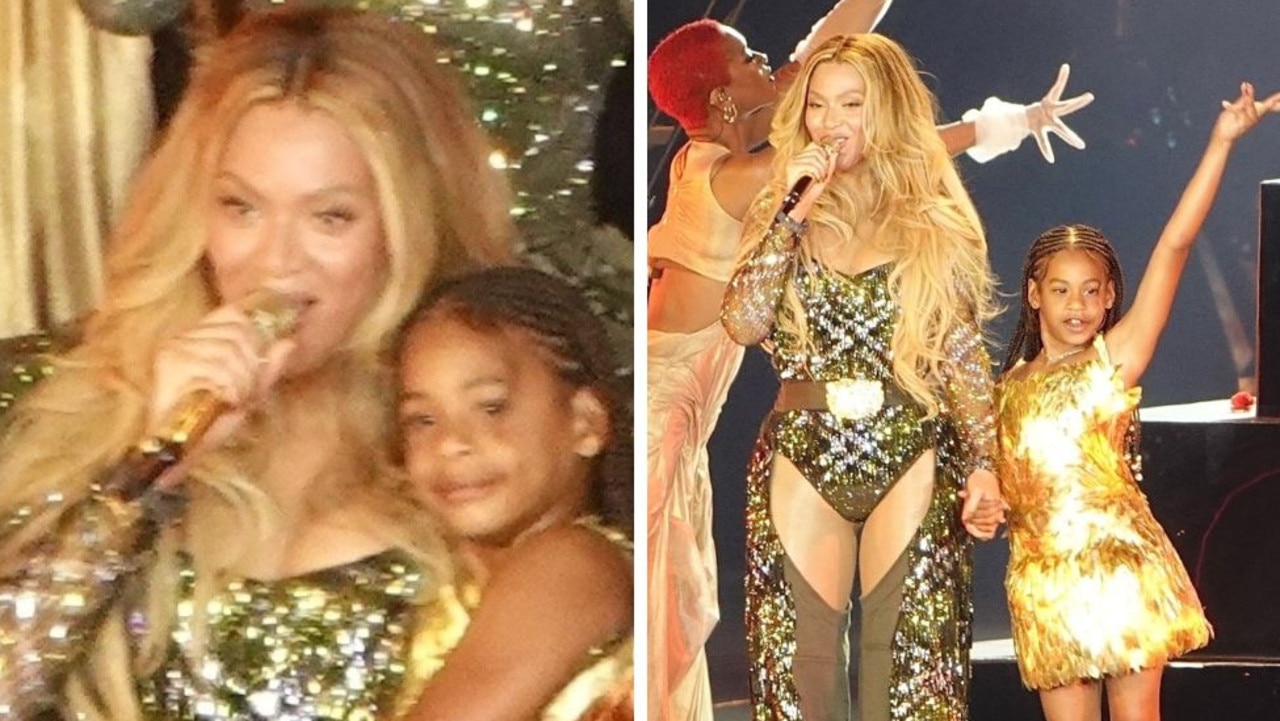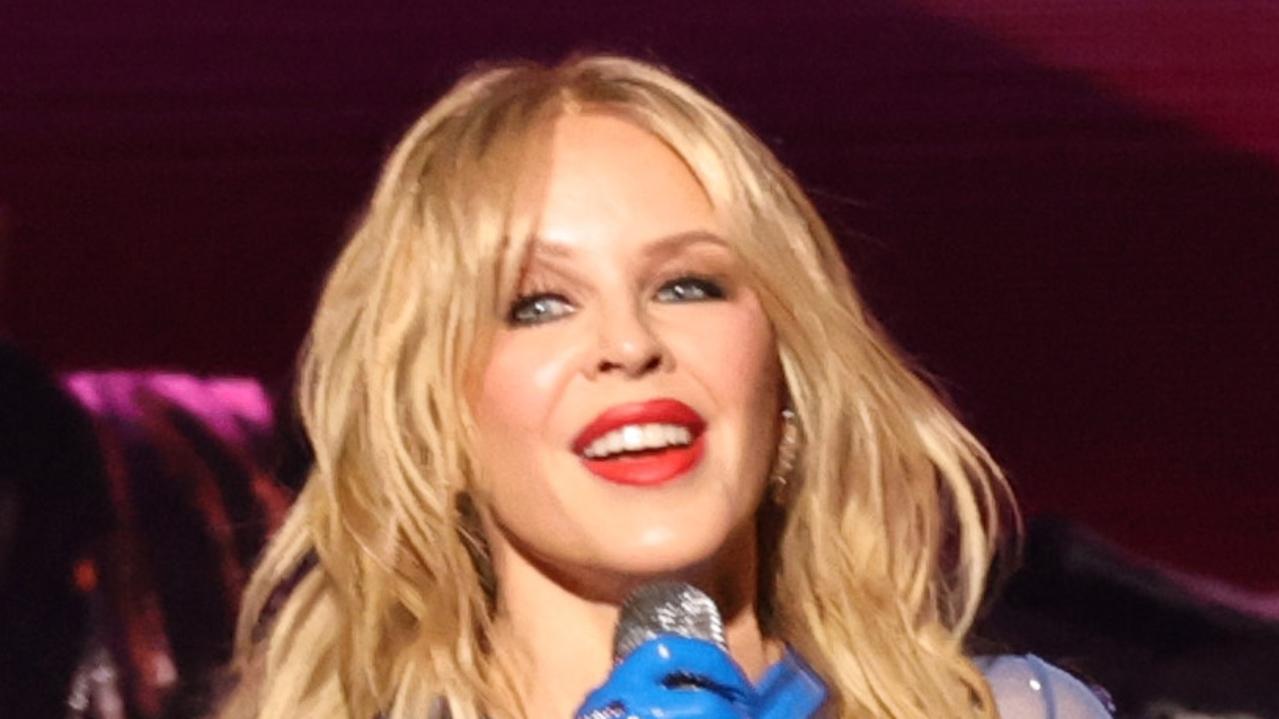Sugababes star Keisha opens up about the band’s highs and lows ahead of Aussie tour
In a candid new interview, Sugababes member Keisha reflects on the band’s earliest days - and what happened after she was kicked out.

Music Tours
Don't miss out on the headlines from Music Tours. Followed categories will be added to My News.
Reformed noughties girl group the Sugababes are on a dream run right now, but things weren’t always so sweet.
A revolving door succession of line-up changes saw the band’s original run come to a sad end in 2011 with none of the three founding members still in the group.
The same year, the three original Sugababes reformed under the clunky moniker Mutya Keisha Siobhan, but despite recording a wealth of material, they only officially released one song before things seemed to grind to a halt once more.
Everything changed in 2019, the year Keisha Buchanan, Mutya Buena and Siobhan Donaghy won the legal right to perform and release music using the name of the group they founded some 20 years prior: Sugababes.
Since then, they’ve released new music (single When The Rain Comes stands alongside their golden-era hits as a girl group classic), legacy-building fan service like the Lost Tapes album, dropped a slew of uber-cool collaborations and developed a reputation as an in-demand live act, ready with a dependably hit-filled set at festivals like Glastonbury and Sydney Mardi Gras.
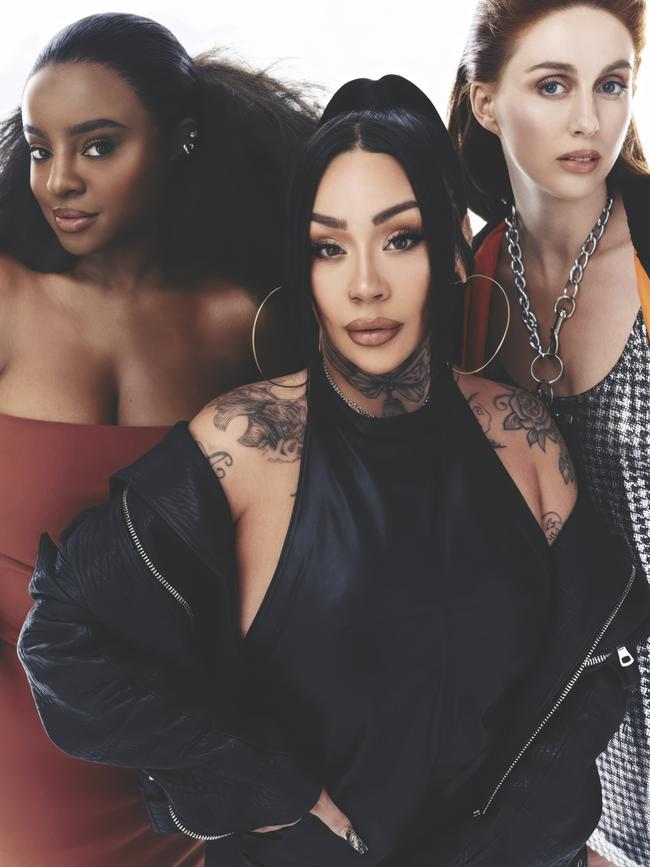
Later this month, they return to our shores for their second tour in as many years, playing headlining shows in Sydney, Melbourne and Brisbane after a special New Year’s Eve performance at Victoria’s Beyond The Valley festival.
I spoke to Keisha ahead of the group’s visit, and while there’s so much going on for the Sugababes in 2024, our chat brought us all the way back to the group’s origins almost a quarter of a century ago …
The Sugababes’ recent Overload-sampling single with dance artist A Little Sound was a good reminder of what an incredible debut single that song was back in 2000. It was also quite a weird song for three teenage girls to come out with.
I think back then, everyone who worked with us and met us actually found us to be quite odd (laughs). This was in the time when you had N*Sync and Britney; everything was very bright and pop-starry. Overload showed who we were: Three girls from working class families from Northwest London who had a few rough edges around us.
Overload was one of the last things we wrote, and I remember everyone around us being quite excited about it, but we were quite laid back back then. I don’t think we really understood what it even meant to release (a single) – we’d just been discovering our sound after school in a studio, as mates.
I’m so, so grateful for that song, because it really did set the tone for us being accepted as an eclectic band. We’ve been so blessed to be able to experiment with different sounds, and I think Overload definitely set the tone for that.
The Sugababes released a deluxe edition of debut album One Touch in 2021 with lots of unreleased material – there was a great R&B-pop song called Girls’ Nite Out that I couldn’t believe had been gathering dust for 20 years.
Not many people know this, but we had an unofficial album that we were putting together way before One Touch, before (producer) Cameron McVey was brought in. It was definitely more of an R&B sound, and it brings back a lot of nostalgia when I hear those early songs... but also, oh my gosh, we sound like chipmunks. We were so young.
You were! Overload was released in September 2000, a few weeks before you turned 16. Was the group’s career always full steam ahead, or was there ever any discussion of waiting until you were all a little older to launch?
It was just ‘GO!’, right from the start. I often have these conversations with my mum, because I remember being in the seventh grade, going to the studio after school and staying there until six o’clock in the morning. Then we’d go home, put our uniform back on, and go back to school! And I say to my mum: ‘What were you thinking?’ But she thought, if it makes you happy and as long as you were getting your homework done, why not?
But it was all driven by us and our desire to be in the studio. And I guess the people around us supported that because they recognised things within us that we didn’t even see in ourselves.
I’ve been watching the new BBC documentary Boy Bands Forever recently. I don’t know if you’ve seen it …
I actually haven’t seen it yet, but Mutya has, and she said it’s a good watch.
It is. There’s a common theme among the UK pop acts featured: If you become a pop star when you’re very young, it can be very difficult when you inevitably get ‘spat out’ on the other end. How was it for you when you exited the band in 2009?
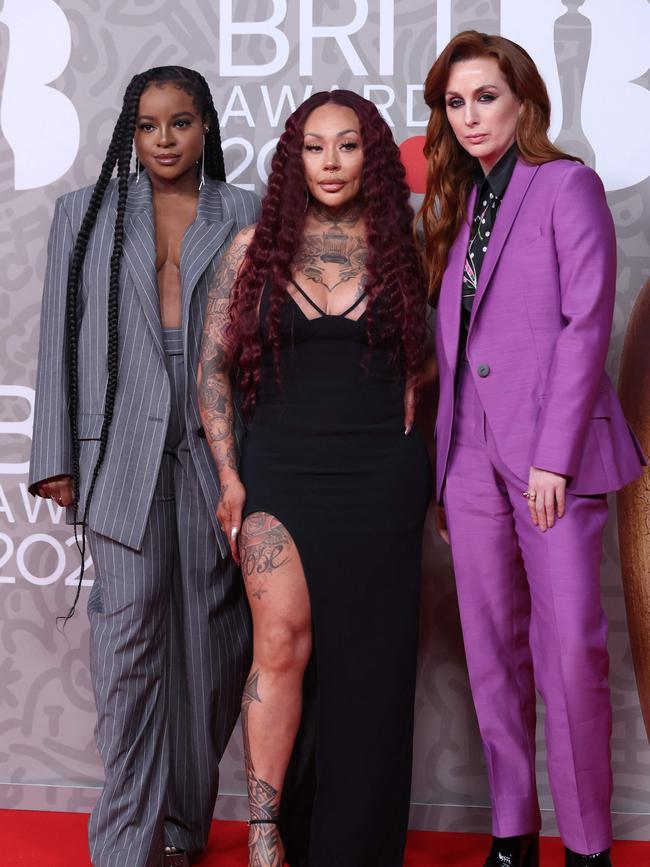
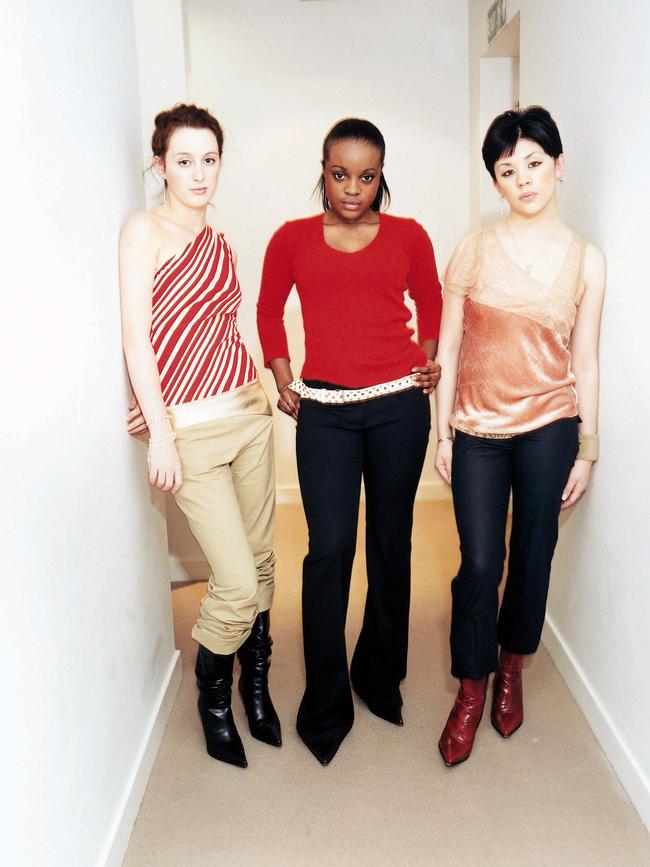
There is definitely a lot of truth to that. There is no HR in the music industry, and so you really are not prepared for the back end of what your life will be outside of it.
We each have individual stories: Siobhan started working as a model booker when she left the band (in 2001). She found a lot of balance, and she was young enough to be able to do that. And (her exit) was right in the early days, you know?
Whereas with Mutya, she left (in 2005) after having a baby, when the group had had a lot of success. And then when I exited, it was at the height of everything.
The good thing was that we’d had a lot of success by then and I’d made a lot of money. But I had to learn how to manage myself as an adult. I didn’t know what a direct debit was, I didn’t know about opening letters for bills – things like that went straight to our handlers.
And my exit was very different to the other girls. I was obviously replaced and kicked out, for use of a better word. It was very abrupt, and I had to learn very quickly what it meant to be an adult.
Do you think it had a lasting effect?
Yeah. I even I see it in the way that Mutya and I are now compared to Siobhan: You can tell which one of us has lived more of an adult life without all of this stuff that we had to deal with. Siobhan is a little bit more realistic, more adult-like. Mutya and I definitely have had to force ourselves to become mature adults.
So I would love to be able to advocate for more change to happen within the industry when it comes to looking after young artists. There should be an after-care package if you’re no longer selling records or you’re no longer a pop star, but there just isn’t. It’s really unfair.
The Sugababes perform at Beyond the Valley music festival on New Year’s Eve, then play Melbourne’s Festival Hall on January 3, Sydney’s Enmore Theatre on January 4 and Brisbane’s Fortitude Hall on January 5.
More Coverage
Originally published as Sugababes star Keisha opens up about the band’s highs and lows ahead of Aussie tour




